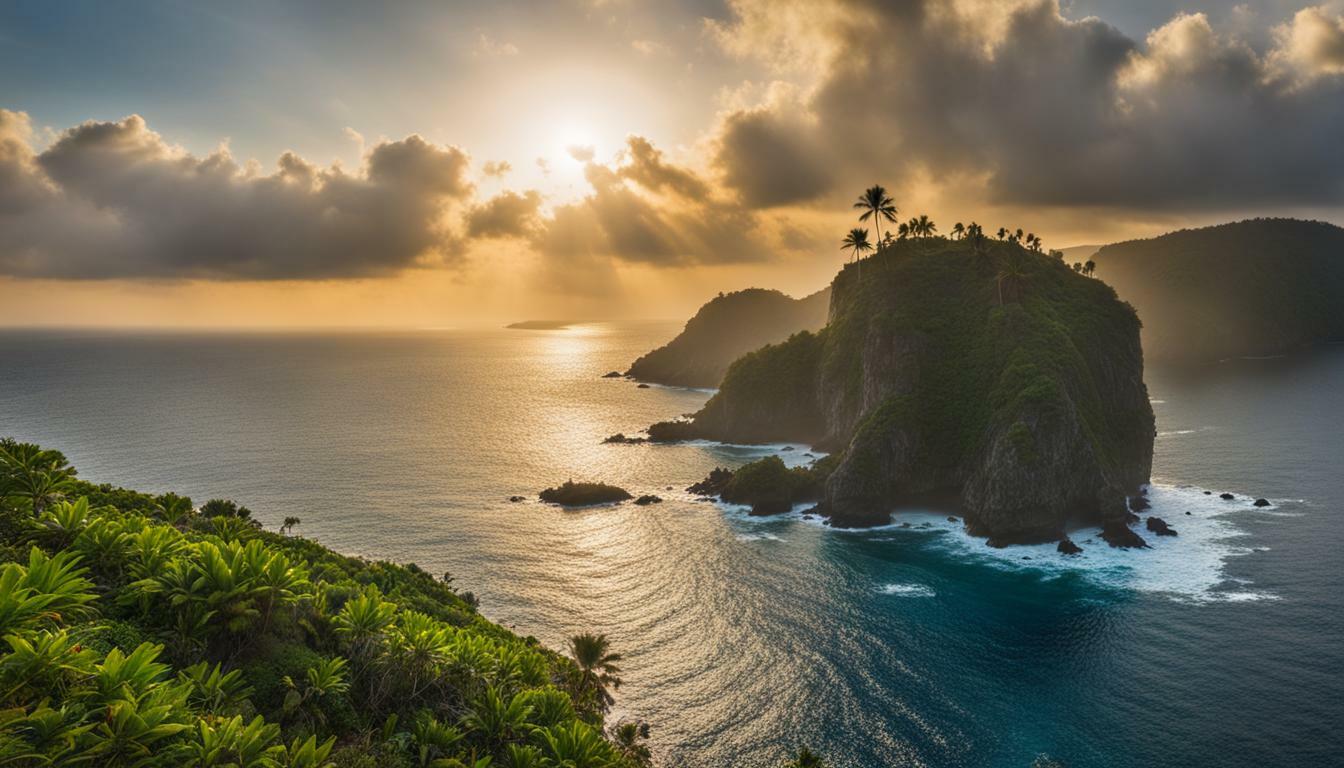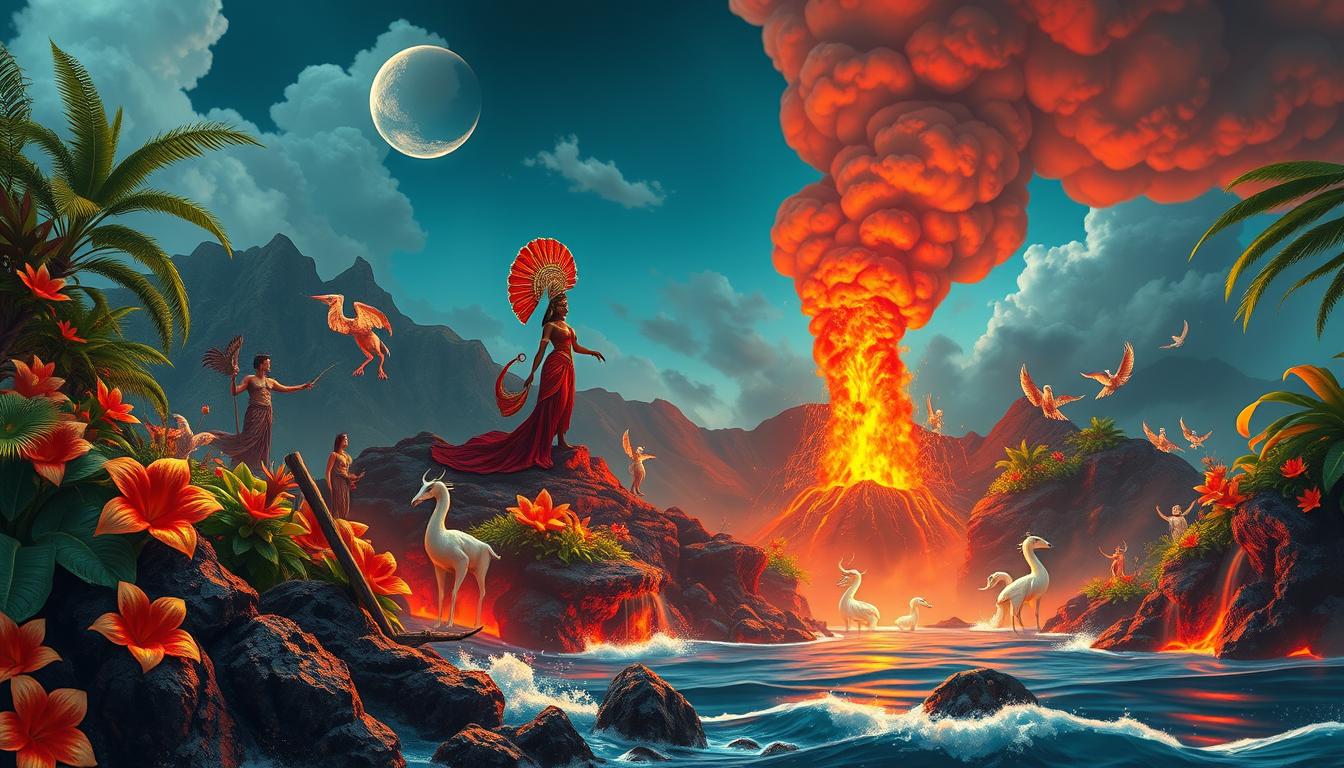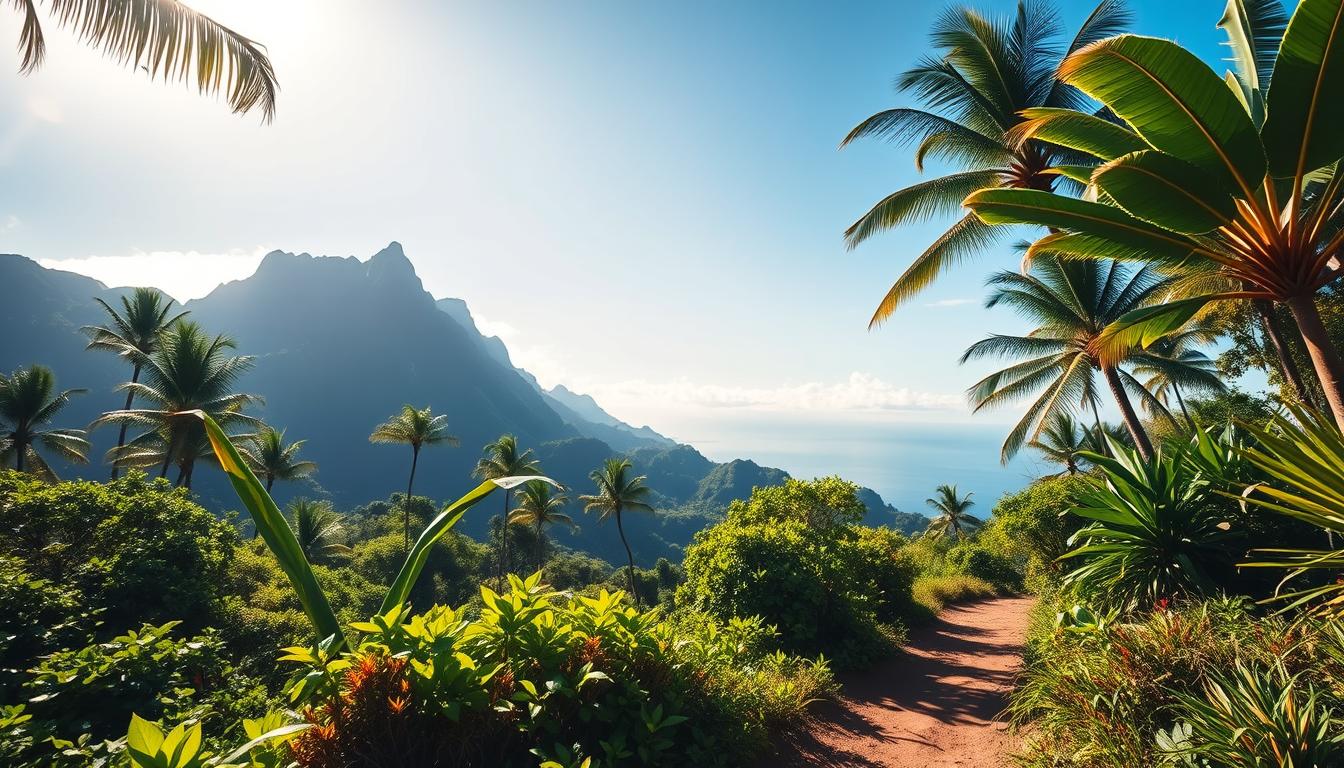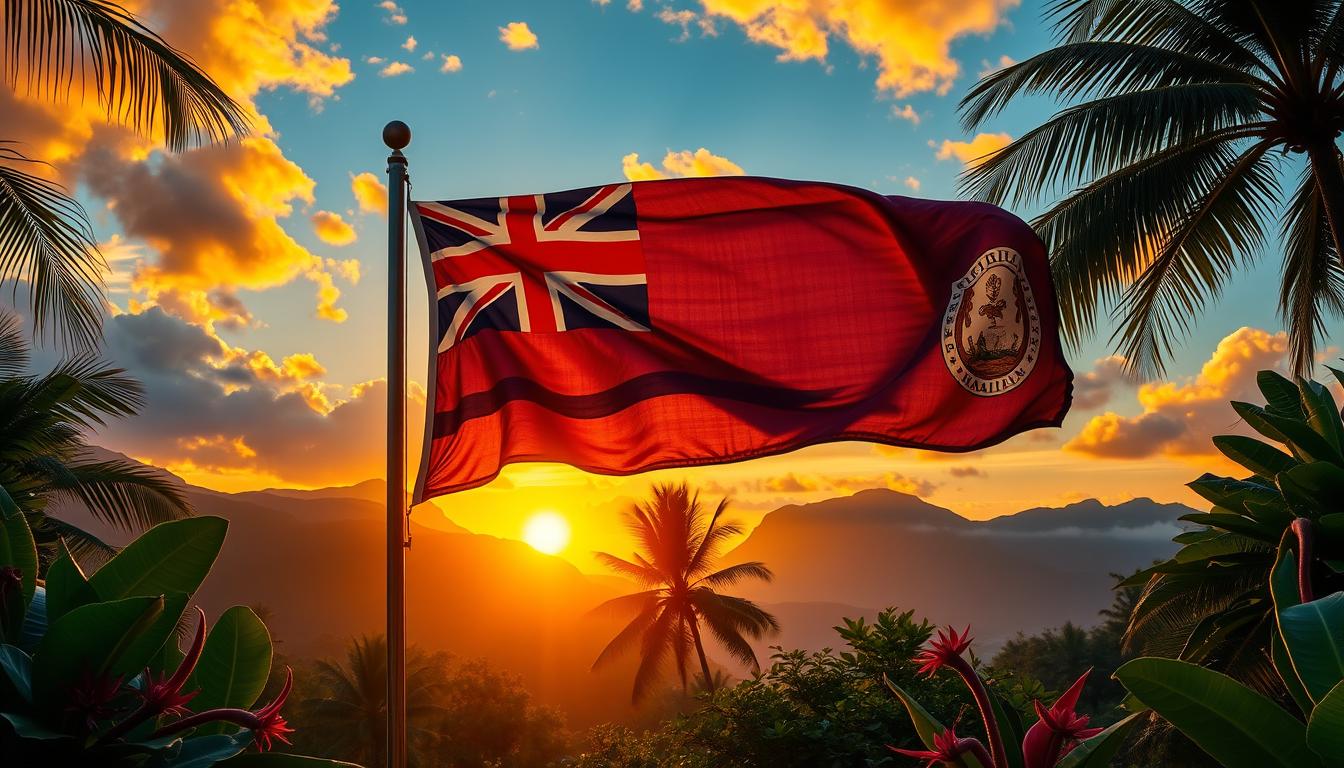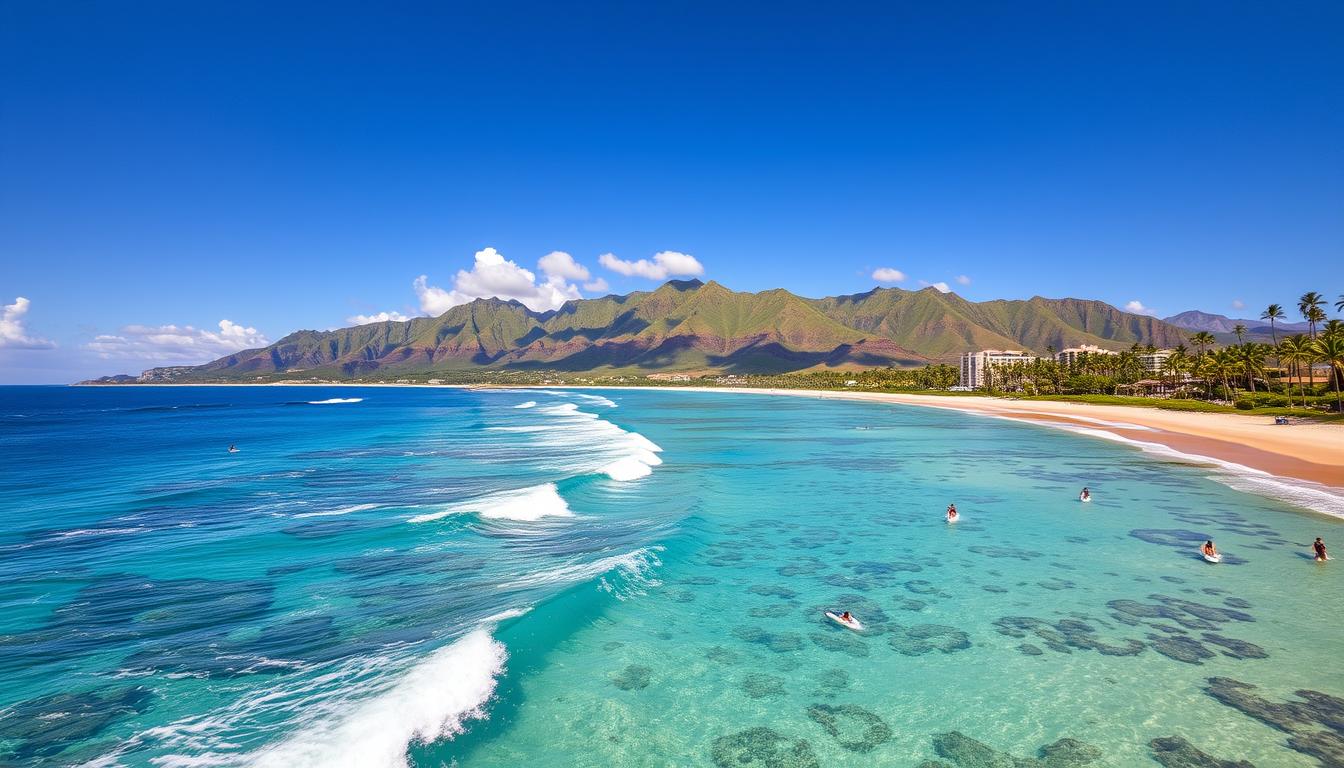The name ‘Moana’ holds significant cultural importance in the Hawaiian culture and is derived from the Polynesian languages, particularly Hawaiian. It means ‘ocean’ and is deeply connected to the native Hawaiian traditions. The Disney movie ‘Moana’ is set in the South Pacific, specifically Samoa, and tells the story of a young girl chosen by the sea to embark on a voyage to restore the heart of the island deity, Te Fiti. The film explores the concept of wayfinding, a Polynesian navigation technique using stars, wind, and currents, to highlight the cultural significance of voyaging and embracing change.
While ‘Moana’ has garnered praise for its representation of traditional oceanic navigation, it has also faced criticisms for its portrayal of the character Maui, a demigod, which some argue perpetuates offensive stereotypes of Polynesians as overweight. Additionally, the movie has been called out for omitting the companion goddess Hina from the story. Despite these criticisms, ‘Moana’ remains a powerful and engaging film that has inspired many with its rich storytelling and celebration of Polynesian culture.
The name ‘Mohana’, on the other hand, is a Hawaiian girl’s name that means ‘to float, drift, or wander aimlessly’. It symbolizes the continuous and fluid nature of life and emphasizes unity and interconnectedness. ‘Mohana’ has gained popularity as a baby name and is associated with qualities such as kindness, compassion, and a strong connection to nature. This name holds metaphorical significance in Hawaiian expressions, representing the ebb and flow of emotions and the ability to navigate life’s challenges with grace and resilience.
Key Takeaways:
- ‘Moana’ means ‘ocean’ in the Hawaiian language and is derived from Polynesian languages.
- The movie ‘Moana’ explores Polynesian cultural practices such as wayfinding and voyaging.
- ‘Moana’ has faced criticism for its portrayal of Maui and the exclusion of the companion goddess Hina.
- The name ‘Mohana’ signifies the fluidity of life and is associated with kindness, compassion, and a connection to nature.
- ‘Mohana’ is often used metaphorically in Hawaiian expressions to represent navigating life’s challenges with resilience.
The Origins and Definition of ‘Moana’ in Hawaiian
The word ‘Moana’ in Hawaiian translates to ‘ocean’ and carries deep cultural significance in Hawaiian traditions. It represents not only the physical body of water but also embodies the spiritual connection between the people and the sea. In Hawaiian culture, the ocean is seen as a living entity, teeming with life and carrying the history and wisdom of the ancestors.
Derived from the Polynesian languages, particularly in the Hawaiian culture, the name ‘Moana’ is a reflection of the profound reverence and respect that Hawaiians have for the ocean. It encapsulates the importance of the ocean as a source of sustenance, transportation, and spiritual nourishment.
As the waves of the Pacific Ocean lap against the shores of the Hawaiian islands, the concept of ‘Moana’ permeates every aspect of daily life. From traditional fishing practices to voyaging journeys across vast distances, the ocean is not merely a physical expanse but a sacred space where ancestors guide and protect the community.
| Key Points | Information |
|---|---|
| Meaning of ‘Moana’ | Ocean |
| Origin | Derived from the Polynesian languages, particularly in the Hawaiian culture |
| Cultural Significance | Deep reverence for the ocean, representing sustenance, transportation, and spiritual nourishment |
In summary, ‘Moana’ in Hawaiian translates to ‘ocean’ and holds great cultural importance to the native Hawaiian people. It is a word that encapsulates the profound connection between the community and the sea, symbolizing sustenance, transportation, and spiritual nourishment. The understanding of ‘Moana’ goes beyond its literal definition, representing the deep reverence and respect that Hawaiians have for the ocean and the wisdom it imparts.
The Cultural Significance of ‘Moana’ in Hawaiian
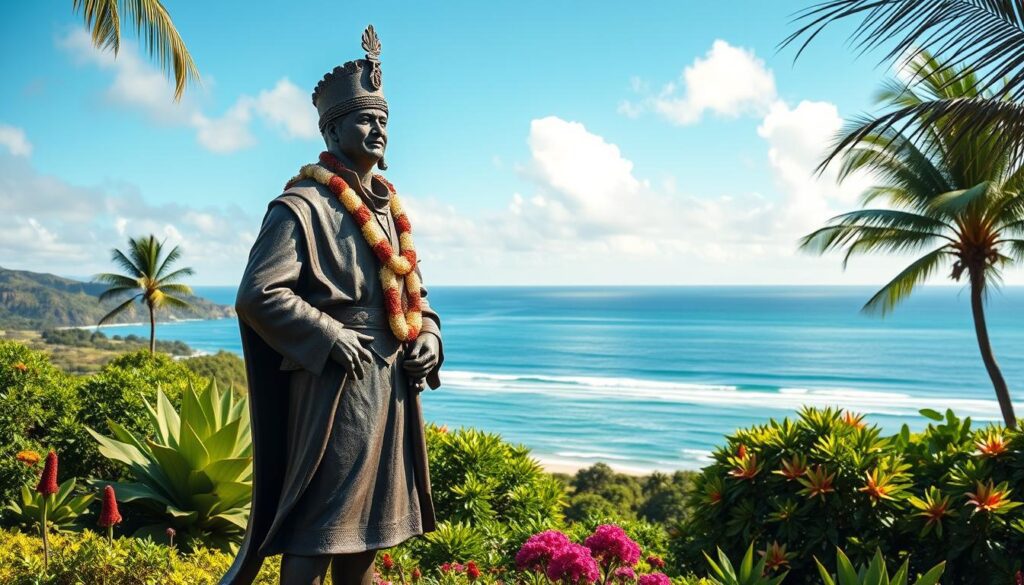
‘Moana’ holds a special place in Hawaiian culture, symbolizing the profound connection of the Hawaiian people with the ocean and its significance in their lives. The name itself means ‘ocean’ in the Polynesian languages, particularly in the Hawaiian culture. For the Hawaiians, the ocean is more than just a body of water; it is a source of life, spirituality, and navigation.
In Hawaiian traditions, the ocean is considered a maternal figure, providing sustenance, protection, and a means of travel. It plays a vital role in the daily lives of the Hawaiians, influencing their livelihood through fishing, surfing, and sailing. The concept of wayfinding, the ancient Polynesian practice of navigation using stars, wind, and currents, is deeply ingrained in Hawaiian culture. It represents the islanders’ ability to read the signs of the ocean and navigate vast distances with precision.
The Ocean as a Symbol of Unity and Change
The ocean also symbolizes unity and change in Hawaiian culture. It serves as a reminder of the interconnectedness of all living beings and the necessity of embracing change. Just like the ocean’s tides, life is constantly in flux, and the Hawaiians believe in adapting to these changes with grace and resilience. The name ‘Moana’ captures the essence of these cultural beliefs, evoking a sense of reverence and respect for the powerful forces of nature.
| Cultural Significance of ‘Moana’ in Hawaiian | Additional Information |
|---|---|
| The ocean represents life and spirituality. | The Hawaiians view the ocean as a maternal figure that provides sustenance and protection. |
| The concept of wayfinding is deeply ingrained in Hawaiian culture. | Wayfinding refers to the Polynesian practice of navigation using natural elements. |
| The ocean symbolizes unity and change. | Just as the ocean connects all living beings, change is an inherent part of life that should be embraced. |
The Story of Disney’s ‘Moana’ and Its Cultural Depictions
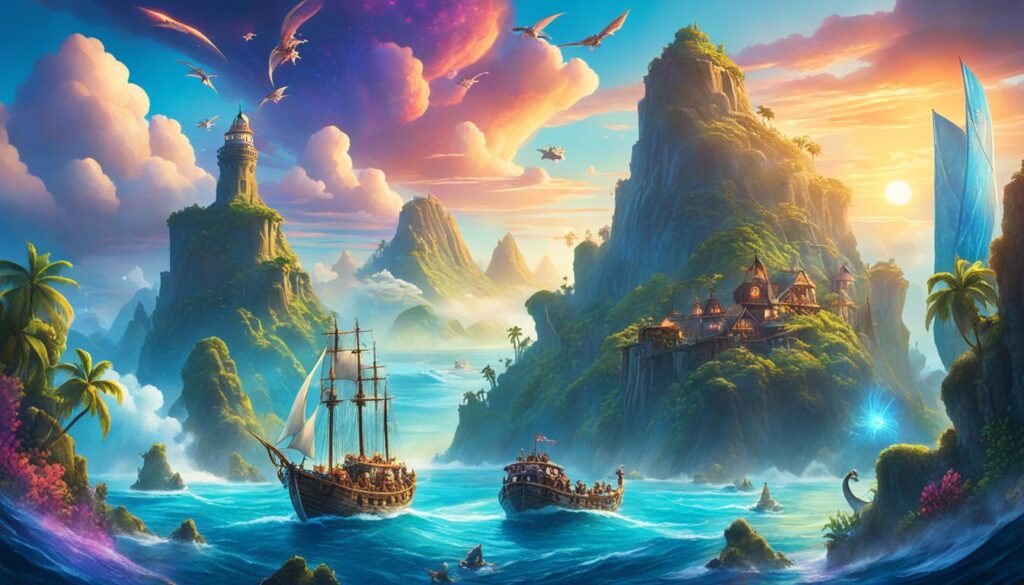
Disney’s ‘Moana’ movie showcases the cultural importance of the name through its narrative centered around wayfinding and Polynesian traditions. The film tells the story of Moana, a brave young girl chosen by the ocean to embark on a journey to restore the heart of the island deity, Te Fiti. Throughout her adventure, Moana encounters various challenges and learns the art of wayfinding, a Polynesian practice of navigation using the stars, wind, and currents.
The movie beautifully captures the cultural significance of voyaging in Polynesian history and highlights the importance of embracing change and unity. It celebrates the deep connection that the Polynesian people have with the ocean and their reliance on nature for survival. The film pays homage to traditional Polynesian cultures, incorporating elements of their mythology, music, and dance.
However, ‘Moana’ has faced criticism for its portrayal of the character Maui, a demigod known in Polynesian mythology. Some argue that the depiction perpetuates offensive stereotypes of Polynesians as overweight and diminishes the cultural significance of Maui. Additionally, critics have noted the absence of the companion goddess Hina from the movie, overlooking an important figure in Polynesian myths.
Table: Criticisms of Disney’s ‘Moana’
| Criticisms | Implications |
|---|---|
| Depiction of Maui as an overweight character | Perpetuates offensive stereotypes |
| Exclusion of the companion goddess Hina | Overlooks an important figure in Polynesian mythology |
Despite the criticisms, ‘Moana’ has resonated with audiences worldwide and has been praised for its representation of traditional oceanic navigation and exploration. The movie has sparked interest in Polynesian culture and has inspired many to learn more about the rich traditions and history of the Pacific Islands.
Criticisms of Disney’s ‘Moana’ and Cultural Appropriation
Despite its popularity, Disney’s ‘Moana’ movie has faced criticism for perpetuating offensive stereotypes and cultural misrepresentations. One of the main criticisms revolves around the character Maui, a Polynesian demigod. Some argue that Maui’s portrayal as an overweight figure perpetuates harmful stereotypes about Polynesian people. Many believe that this depiction reinforces the notion that Polynesians are lazy or gluttonous.
Another issue raised by critics is the exclusion of the companion goddess Hina from the film. In Hawaiian mythology, Hina is a significant figure, often associated with the moon and feminine power. Some argue that the absence of Hina from the story is a missed opportunity to showcase the diversity and complexity of Hawaiian culture.
Furthermore, some critics argue that ‘Moana’ engages in cultural appropriation, taking elements of Polynesian culture and packaging them for mass consumption without proper respect or understanding. They claim that the film simplifies and commercializes traditions that hold deep meaning for Polynesian peoples.
| Issue | Criticisms |
|---|---|
| Portrayal of Maui | Perpetuates offensive stereotypes about Polynesian people |
| Exclusion of Hina | Missed opportunity to showcase diversity and complexity of Hawaiian culture |
| Cultural Appropriation | Simplifies and commercializes traditions without proper respect or understanding |
Despite these criticisms, ‘Moana’ has undoubtedly captured the hearts of many with its engaging story and beautiful animation. The movie’s themes of wayfinding and voyaging resonate with audiences, highlighting the importance of embracing change and unity. It has sparked interest in Polynesian culture and inspired a new generation to explore traditions such as oceanic navigation.
It is important to approach cultural representation in media with sensitivity and respect. While ‘Moana’ may have flaws, it has also contributed to raising awareness about Polynesian culture and encouraging dialogue about accurate and respectful portrayals. By learning from the criticisms and engaging in meaningful discussions, we can strive for more authentic and inclusive representations in the future.
The Name ‘Mohana’ and Its Symbolic Meaning
The name ‘Mohana’, derived from Hawaiian, carries a symbolic meaning of floating, drifting, and unity. It beautifully embodies the continuous and fluid nature of life, emphasizing the interconnectedness of all things. Just as the ocean waves gently sway and ebb, the name Mohana represents the ability to navigate life’s journey with grace and resilience.
In Hawaiian culture, the concept of floating and drifting holds deep significance. It symbolizes the acceptance of change and the importance of embracing the unknown. Mohana encourages us to let go of rigid expectations and instead surrender to the natural flow of life. By recognizing our interconnectedness with nature and others, we cultivate a sense of unity and harmony.
This beautiful name, Mohana, has gained popularity as a baby name among those seeking to instill qualities such as kindness, compassion, and a profound connection to nature. It embodies a sense of wonder and exploration, urging individuals to embrace their own unique journey. Mohana reminds us to cherish the beauty of the world around us and to navigate life’s challenges with an open heart and a resilient spirit.
In summary, the name ‘Mohana’ in Hawaiian carries a symbolic meaning of floating, drifting, and unity. It represents the continuous and fluid nature of life, emphasizing the interconnectedness of all things. With its association with qualities such as kindness, compassion, and a strong connection to nature, Mohana has become a popular choice as a baby name. It encourages individuals to embrace change, navigate life’s challenges with resilience, and cultivate a sense of unity and harmony.
Popularity of ‘Mohana’ as a Baby Name and Its Qualities
‘Mohana’ has gained popularity as a baby name and is admired for embodying qualities such as kindness, compassion, and a strong connection to nature. This beautiful Hawaiian name has captured the hearts of parents around the world who seek a name that reflects their values and their love for the natural world.
The name ‘Mohana’ holds a deep significance in Hawaiian culture, symbolizing the concept of floating, drifting, and wandering aimlessly. It represents the fluid nature of life and emphasizes the importance of unity and interconnectedness with the world around us.
Parents who choose ‘Mohana’ as a name for their child often appreciate its gentle and serene qualities. It evokes a sense of calm and tranquility, reminding us to embrace the ebb and flow of life with grace and resilience. The name also carries a strong connection to nature, reminding us of the beauty and power found in the ocean and its ever-changing currents.
Table: Top Qualities Associated with the Name ‘Mohana’
| Qualities | Description |
|---|---|
| Kindness | Reflects a compassionate and caring nature |
| Compassion | Shows empathy and understanding towards others |
| Connection to Nature | Emphasizes the bond with the natural world |
| Resilience | Encourages the ability to navigate challenges with strength and determination |
The popularity of the name ‘Mohana’ is a testament to the desire for names that carry deeper meanings and reflect personal values. It is a name that resonates with parents seeking a name that captures the essence of kindness, compassion, and a profound connection to nature. By choosing ‘Mohana’ as a baby name, parents are not only honoring Hawaiian culture but also embracing the beauty and symbolism associated with this timeless name.
Metaphorical Significance of ‘Mohana’ in Hawaiian Expressions
In Hawaiian expressions, ‘Mohana’ is often used metaphorically to represent the ebb and flow of emotions and the ability to navigate life’s challenges with grace and resilience. Derived from the Polynesian languages, particularly in the Hawaiian culture, the name ‘Mohana’ holds deep significance.
Symbolizing the continuous and fluid nature of life, ‘Mohana’ embodies the concept of floating, drifting, and wandering aimlessly. It emphasizes unity and interconnectedness, reminding individuals of their innate connection to nature and the world around them.
With the increasing popularity of ‘Mohana’ as a baby name, it has come to symbolize qualities such as kindness, compassion, and a profound appreciation for nature. This name reflects the beautiful and harmonious relationship between individuals and the environment.
In Hawaiian expressions, ‘Mohana’ serves as a powerful metaphor for resilience and adaptability. It captures the essence of navigating life’s challenges with grace, embracing change, and finding strength in the face of adversity. By invoking the imagery of the ocean’s ever-changing tides and currents, ‘Mohana’ encourages individuals to flow with the rhythm of life, to approach obstacles with a sense of calmness and determination.
FAQ
What does ‘Moana’ mean in Hawaiian?
‘Moana’ in Hawaiian means ‘ocean’ and holds significant cultural importance in native Hawaiian traditions.
Where does the name ‘Moana’ come from?
The name ‘Moana’ is derived from the Polynesian languages, particularly in the Hawaiian culture.
What is the story of Disney’s ‘Moana’?
The movie ‘Moana’ by Disney is set in what appears to be Samoa and portrays the story of a young girl chosen by the sea to return the stolen heart of the island deity, Te Fiti. The film explores the concept of wayfinding, the Polynesian practice of navigation using stars, wind, and currents.
What are the criticisms of Disney’s ‘Moana’?
The movie has faced criticism for its depiction of Maui, a demigod character, which perpetuates offensive images of Polynesians as overweight. Critics have also pointed out the omission of the companion goddess Hina from the story.
What does the name ‘Mohana’ symbolize?
The name ‘Mohana’ is a Hawaiian girl’s name that means ‘to float, drift, or wander aimlessly’. It symbolizes the continuous and fluid nature of life and emphasizes unity and interconnectedness.
Why has ‘Mohana’ gained popularity as a baby name?
‘Mohana’ has gained popularity as a baby name due to its association with qualities such as kindness, compassion, and a strong connection to nature.
How is the name ‘Mohana’ used metaphorically in Hawaiian expressions?
The name ‘Mohana’ is used metaphorically in Hawaiian expressions to represent the ebb and flow of emotions and the ability to navigate life’s challenges with grace and resilience.

Scott Sweeney is the creator of Virtual Hawaii 360. Scott is a professional marketer and a lifelong Hawaii enthusiast. Scott splits time between Oahu and Dayton, Ohio. In addition to his marketing endevours, he is also a published Ukulele musician.

